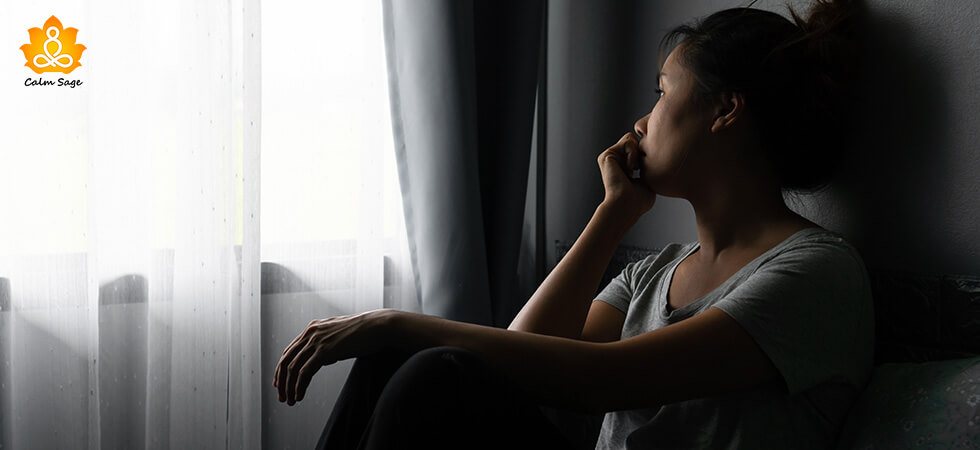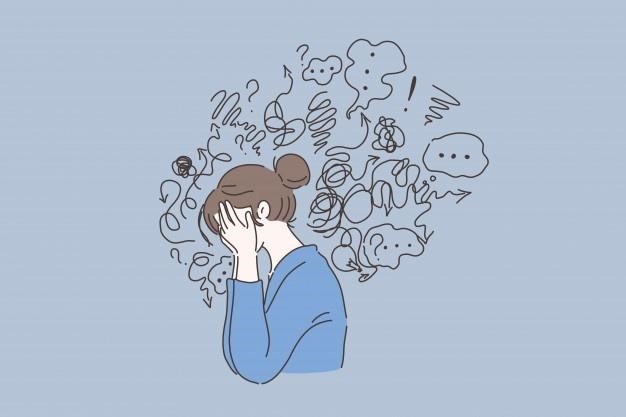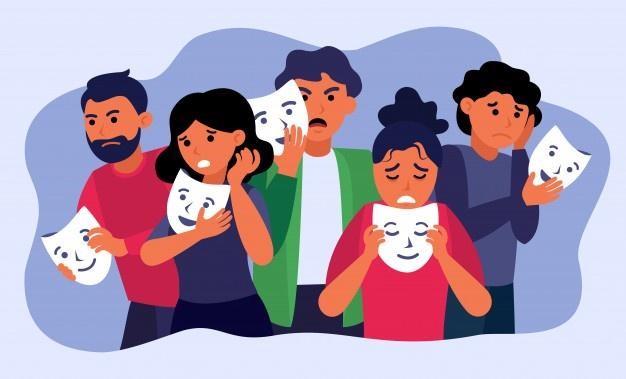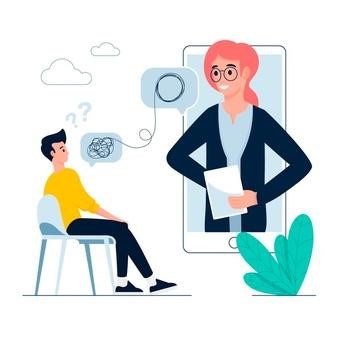Severe Depression: Symptoms, Causes, Treatment, And More

Severe depression is quite different from depression. Talking about the symptoms of severe depression, they include feelings of hopelessness, loss of pleasure, increased irritability, trouble in sleeping or concentrating, thoughts of suicide. If not diagnosed on time, it can lead to various serious issues. Severe depression is debilitating in nature. Proper diagnosis and the treatment of severe depression are really important to get back on track. Only a trained mental health professional can evaluate the severity of the depression. This blog covers everything you need to know about severe depression. So, let’s get started.
The Depression Spectrum

There are several types of depression and each person experiences a different kind of symptoms. Therefore, comparing one’s symptoms with others is not the solution for treating depression. There is a defined spectrum for depression according to severity and duration. For example, mild depression may resolve with time and does require some coping strategies, meanwhile moderate or severe depression needs different kinds of treatments and coping strategies. Furthermore, a person experiencing severe depression may have suicidal behavior or self-harm. Therefore, never compare depression and seek support before it’s too late.
Symptoms of Severe Depression

As of now, there is no set of symptoms for severe depression. Only a certified mental health provider can access the type of depression and the severity of depression. Below-mentioned are some key signs and symptoms of severe depression to check for considering booking an appointment with the therapist.
Psychosis
- Hallucinations or delusions
- Believing that he\she is sick
- Agitation
- Always anxious
- Intellectual impairment
- Troubled sleep
- Physical immobility
Suicidal behaviors and thoughts
- Collecting the means to commit suicide
- Changes in sleeping and eating habits
- Self-destructive behavior
- Extreme anxiety or agitation
- Increased substance use
- Mood swings
- Saying goodbye
- Feeling hopeless or trapped
- Talking a lot about violence, death, or dying
- Talking about suicide
- Withdrawal from family and friends
Melancholia
- Feeling of profound sadness
- Loss of interest in activities
- Morning sickness
- Slow movements
- Loss of appetite
Physical effects
- Sleep disturbance
- Reduced memory
- Weight loss
- Chronic pain
- Gastrointestinal issues
- High level of fatigue
Psychomotor changes
- Slow physical movements
- Changes in speech
- Reduced facial expressions
Treatment Options for Severe Depression

There are various treatment options available for severe depression. All the below-mentioned therapies are intended to be performed by trained and certified psychologists only.
Psychotherapy
Psychotherapy, also known as talk therapy helps people to treat various types of depression. Some of the common psychotherapies used for severe depression are:
- Cognitive Behavioral Therapy (CBT)
- Psychodynamic therapy
- Interpersonal therapy (IPT)
Related Read: 5 therapies that work for depression
Fortunately, these therapies can also be performed online for ease and better results. To connect with a certified mental health provider from Betterhelp, click here.
Brain Stimulation Therapy
If someone is experiencing severe depression and not responding to psychotherapies, brain stimulation therapy is performed. Below are some examples of brain stimulation therapies:
- Electroconvulsive therapy (ECT)
- Vagus nerve stimulation (VNS)
- Transcranial magnetic stimulation (TMS)
Medications
Medication is prescribed along with therapies. The most common type of medicine prescribed for severe depression is selective serotonin reuptake inhibitors (SSRIs).
Inpatient Depression Treatment
Inpatient depression treatment means hospitalization. It means more effective treatment in a more controlled environment for better results and fast recovery.
Complementary Treatments
There are various complementary treatments that are usually prescribed by the psychotherapist along with therapies to speed up the recovery process. Some common complementary treatments to aid severe depression are:
- Guided meditation
- Massage
- Acupuncture
- Guided relaxation
- Yoga
- Hobbies
- Exercise
Coping Strategies for Severe Depression
Below are some tested and verified coping strategies for treating severe depression:
- Creating a social network
- Joining a support group
- Eating well and healthy
- Getting enough sleep
- Regular exercising
- Avoiding alcohol or drugs
- Bringing healthy changes in lifestyle
- Improving mood with hobbies and creativity
Finding a therapist
There is no set of signs for severe depression, however, make sure that whenever you see someone struggling or experiencing above mentioned symptoms, you’re seeking the right support. Sometimes, seeing a psychologist is better than seeking personal advice.
For online help, you can try Betterhelp. You can also check our tested and unbiased review on Betterhelp from here.
Disclaimer: As BetterHelp Affiliate, We may receive compensation from BetterHelp or other sources if you purchase products or services through the links provided on this page.
I hope this blog helps you to understand severe depression in brief. For more such content, connect with us on all social media platforms.
Thanks for reading.




















